| Sorted by date | |||
page066from Building Ideasplines like history, philosophy and science could also be seen as languages in themselves. In the Philosophy of Symbolic Forums published in three volumes in the 1920s, he set out the basic principles of this theory, but it was only with his later publication, his Essay on Man, that he applied them to this much broader field. This general study of linguistics in other fields of cultural expression will be developed further in the following two chapters where the language model is considered in detail. In the more recent theories of architecture this notion has been widely influential whether inspiring strong allegiance or provoking opposition. For our present study the major impact of this kind of relativism between languages has been the challenge to the domination of science as the only true description of reality. By questioning the objectivity of science and its claims to the source of truth, Cassirer helped to reinstate the importance of other ways of describing the world. Another philosopher, Ludwig Wittgenstein, who was writing around the same time, came to a similar realization about languages in the course of his own research. Having begun by searching for a pure language based on logical and mathematical principles, he ended up by abandoning this and devising the notion of “language-games”. His conclusion was that no single language – however precise it might be – could ever give a total and accurate description of the world. As each mode of expression has its own range of uses, a composite picture is built up from the overlapping of these various discourses. Each one makes its own contribution towards our overall knowledge of the world. The reassessments of science by Thomas Kuhn and other writers, which were discussed at the beginning of this chapter, should also be compared with the reassessment of philosophy and its similar purported claims to a kind of objectivity. The techniques of deconstructing the inherited traditions of Western philosophy, to overcome the limitations of this dominant model rationality, have become popular in philosophy in the last several decades, though the process has been attempted in different ways in the past. As we saw earlier with the Romantic movement, there was a similar critique of a dominant
|
|||
|
|||
|
|
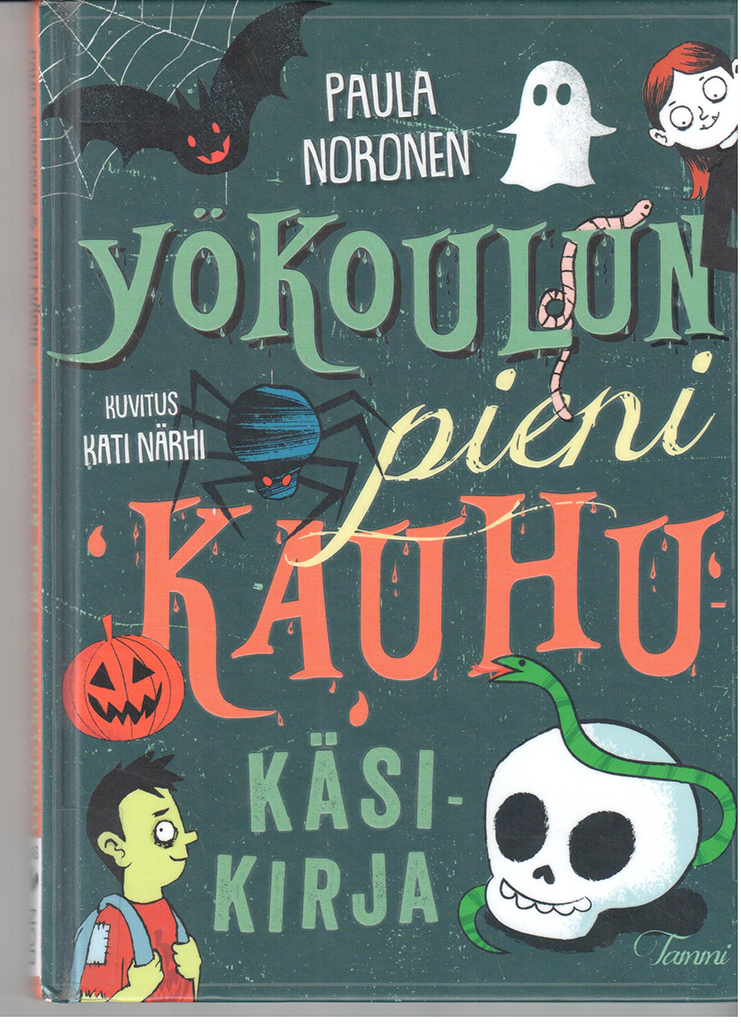 ... ...
... ... ... ...
... ... ... ...
... ... ... ...
... ... ... ...
... ...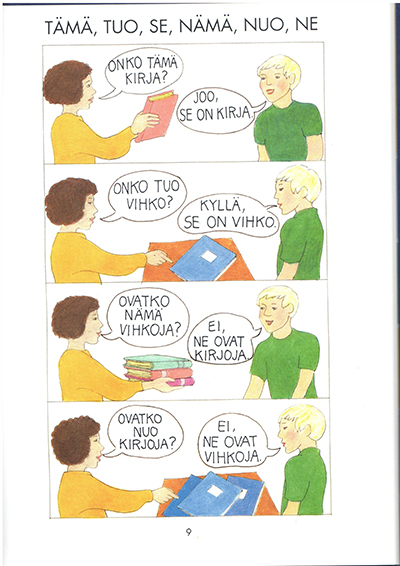 ... ...
... ...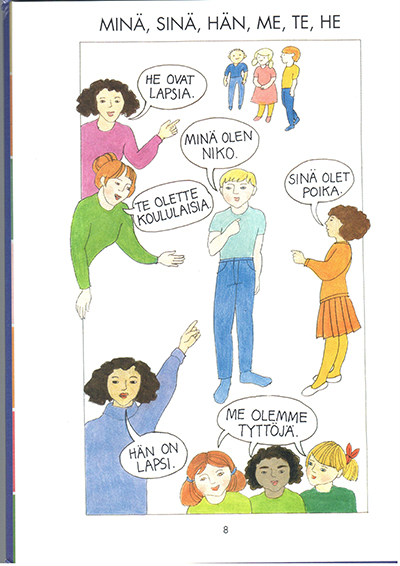 ... ...
... ...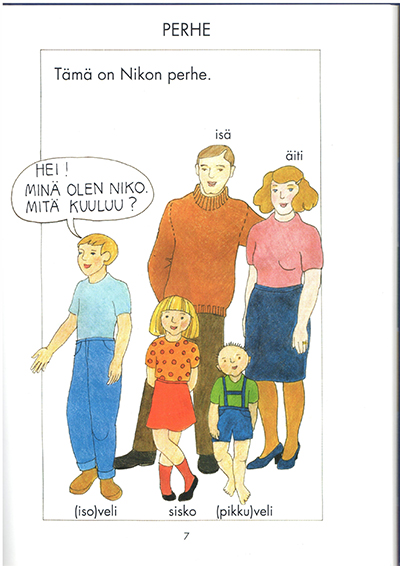 ... ...
... ... ... ...
... ...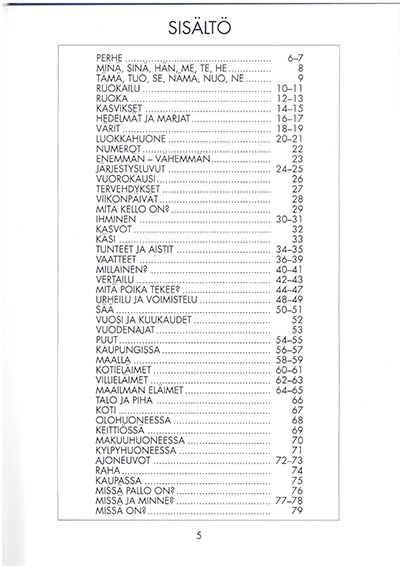 ... ...
... ... ... ...
... ... ... ...
... ...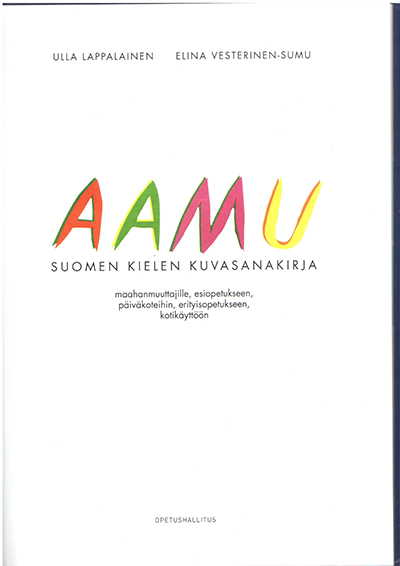 ... ...
... ...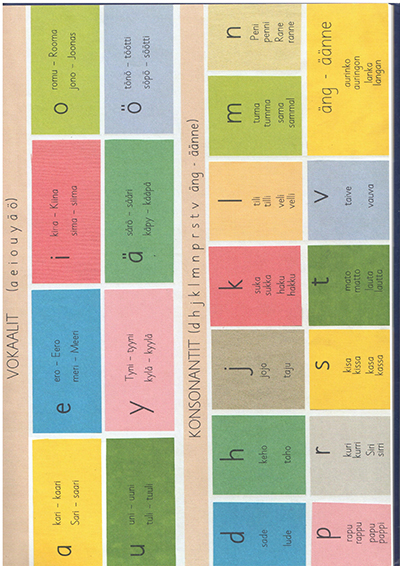 ... ...
... ...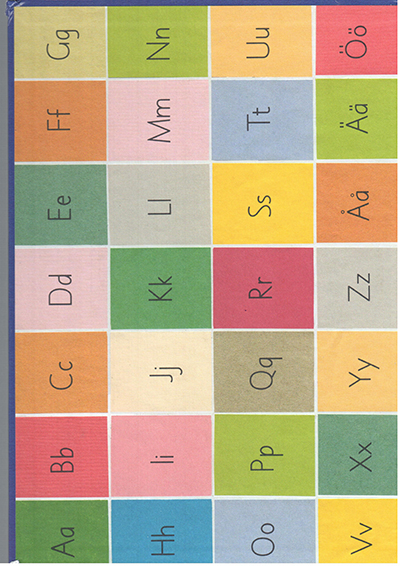 ... ...
... ...